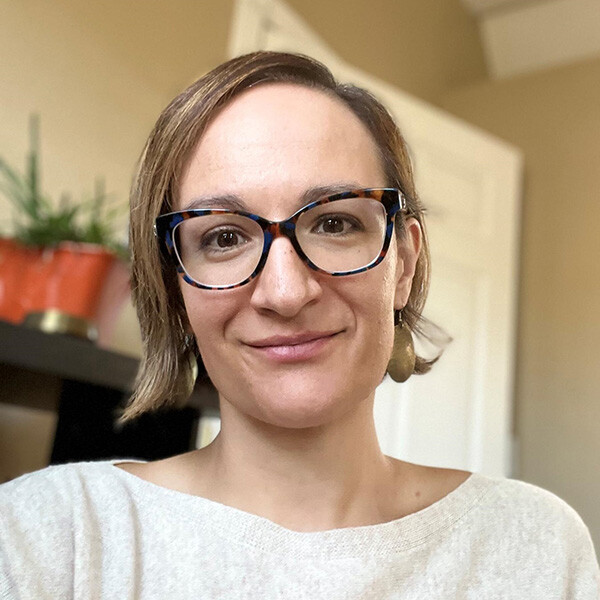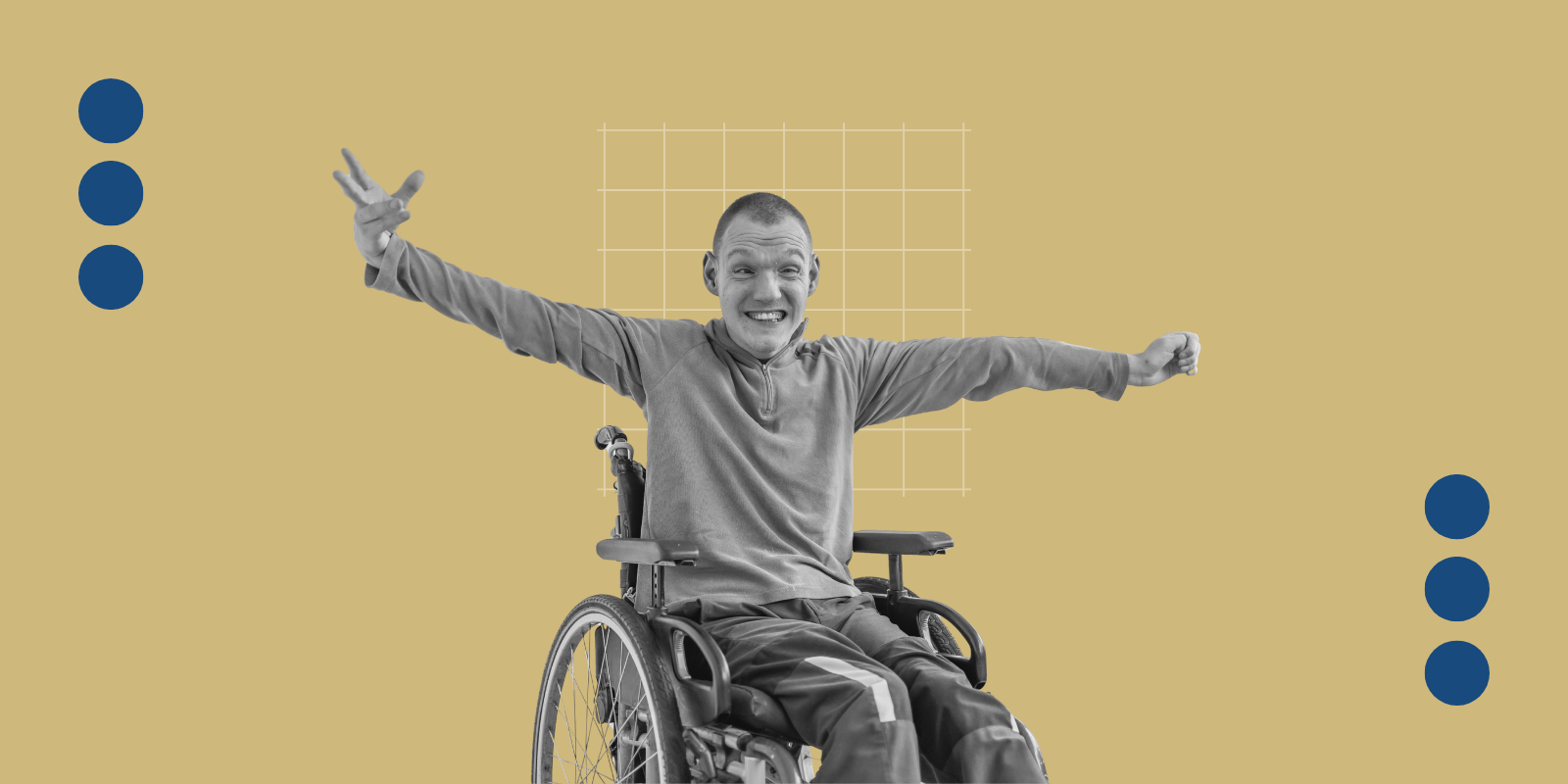PUPPETalkTM (PUppets to Play, Praise, Educate, and TalkTM) is simple: Using low-cost finger puppets to encourage language-rich interactions and promote early relational health. In pilot studies, the program has shown positive findings in child language development, social emotional development, improved home environments, and a decrease in maternal depression symptoms.
“Our providers are guided to give instructions on the importance of babies hearing language and that as a caregiver, you are your baby’s first teacher,” says Mariarosa Gasbarro, MA, research services program manager for PUPPETalkTM. “This period is critical for them to hear language and absorb information and will help their growth and development later.”
Gretchen Domek, MD, MPhil, associate professor of pediatrics and the Frankenburg Distinguished Professor, is an investigator with the Prevention Research Center for Family & Child Health at ACCORDS and has been leading this research for over a decade.
A recently awarded Community Access to Child Health (CATCH) Program grant through the American Academy of Pediatrics (AAP) will allow Domek and Gasbarro to implement the program to a broader audience through a partnership with the Denver Public Library.
Evolution of research
PUPPETalkTM evolved from interventions that began 40 years ago when Bonnie Camp, MD, PhD, professor emeritus at the CU School of Medicine, was using puppets in the Young Mothers and Families Clinic at Children’s Hospital Colorado to encourage the young mothers to interact with their babies. Decades later in 2012, under the mentorship of Camp, Domek began using puppets during her global health fellowship working with mothers and their children in Guatemala.
“Anecdotally, we saw these mothers light up each time they’d use the puppets to talk to their babies, and the babies would be captivated,” Domek says. “The idea to study these interactions began to intertwine with the work Dr. Camp had done decades before.”
The research on finger puppets for language development has now been completed in two other countries, and Domek has completed two pilot studies in the U.S. with positive outcomes. The next phase in her research is to further establish the evidence-base with broader dissemination and implementation.
“We’ve been able to engage the community and find out what they want in this intervention,” Domek says. “We’ve made an instructional video for each activity on our PUPPETalkTM activity sheet, in both English and Spanish, and we now have this handout translated into 11 different languages, with the goal of at least 20 languages soon. We’ve been expanding our materials and most of that has been through our community engagement work.”
Broad implementation
The competitive CATCH grant will focus on early language promotion through public libraries. The funding is intended to support pediatricians to lead innovative, community-based initiatives that increase children’s access to optimal health or well-being. It is an implementation grant, which will engage the community in a new way.
Domek and Gasbarro are eager to begin the collaboration with the Denver Public Library. The groups have been meeting to explore the various programs offered by Denver Public Library that could benefit from the PUPPETalkTM activities, including the library’s LENA Start parenting program designed to increase and measure early childhood language exposure as well as Baby Storytime.
“Ideally, at the end of this grant, we'll have an ongoing program with the libraries. We can supply them with puppets, and they will be able to get the librarians to give them out to families and babies,” Domek says.
Families that participate in the PUPPETalkTM program receive an activity sheet along with a finger puppet. The 10 activities include things like reading a book, exploring their environment, and singing songs.
“When you are in a diaper change, you might start with the puppet, but once you see this reciprocity, in terms of engaging with your baby, it really carries over beyond having your puppet,” Gasbarro says. “We emphasize that the puppet is a mechanism, but the real intervention is the language that happens because of seeing your baby respond, because your baby enjoys hearing you share words and positive emotions. It builds on itself beyond just that puppet.”
Positive impacts for families
Previous pilot studies in The Child Health Clinic highlighted the compelling impacts beyond language exposure, for both caregivers and infants. The program supports early relational health and secure attachments, through the sharing of positive emotions.
“In the larger pilot study, children were enrolled at 2, 6, or 12 months. Findings from this study have been encouraging, suggesting that families receiving the puppet intervention as early as 2 months of age had better outcomes related to maternal postpartum depression, the cognitive home environment, and early language development during the first year of life as well as improved social-emotional developmental trajectories to age 3 years,” Domek says.
The activities tap into both fundamental and complex processes to encourage caregivers to talk with their baby and share pleasure and joy. Gasbarro sees a reciprocal result, and the more positive emotions caregivers and families are sharing, the more they are getting back.
Once families discover that their babies smiled back, cooed back, calmed down, or stopped crying in response to the puppets, they then continued the other activities as well. Domek says that once caregivers feel more comfortable talking, they are more likely to read, sing, and play as well.
“Our goal is the universal implementation of PUPPETalkTM. It is low-cost, it’s accessible, it’s culturally quite universal, and we don’t have barriers around literacy,” Gasbarro says. “This amazing intervention that has, in our preliminary findings, incredible impacts can be disseminated around the world to support vulnerable families.”





